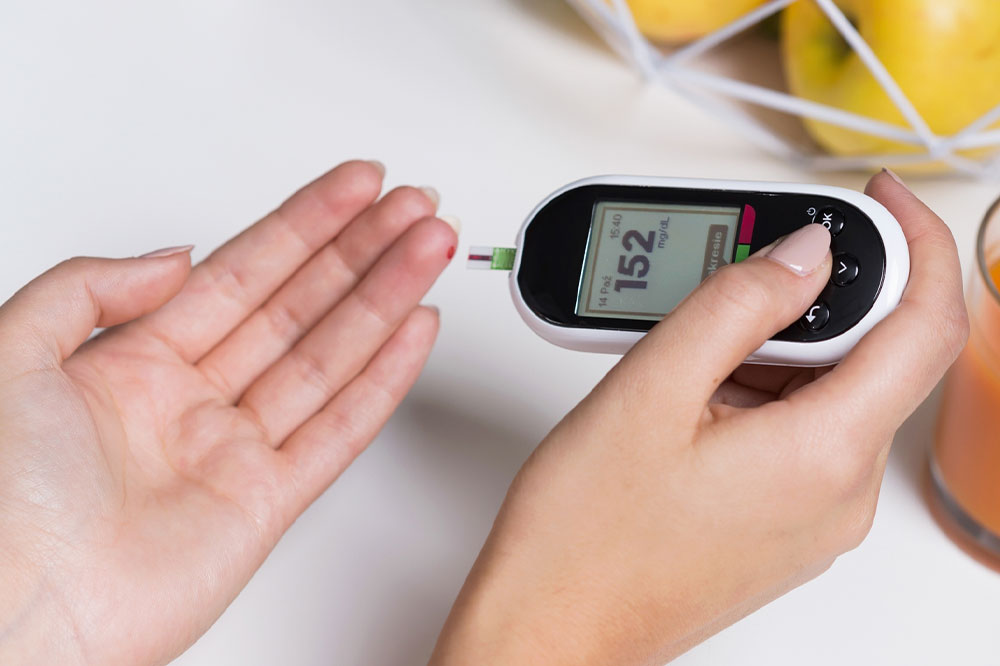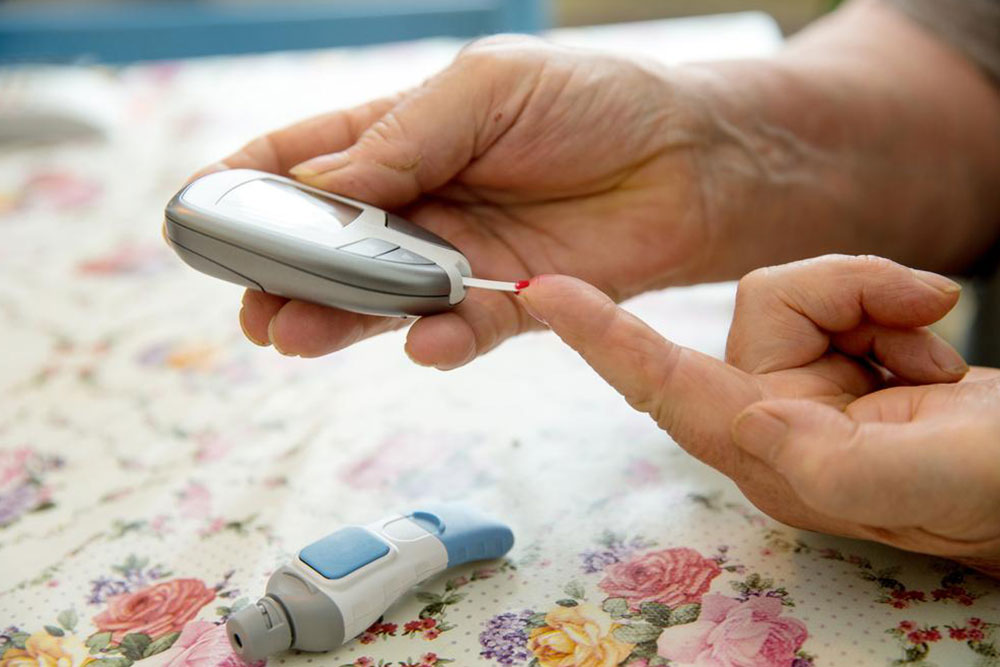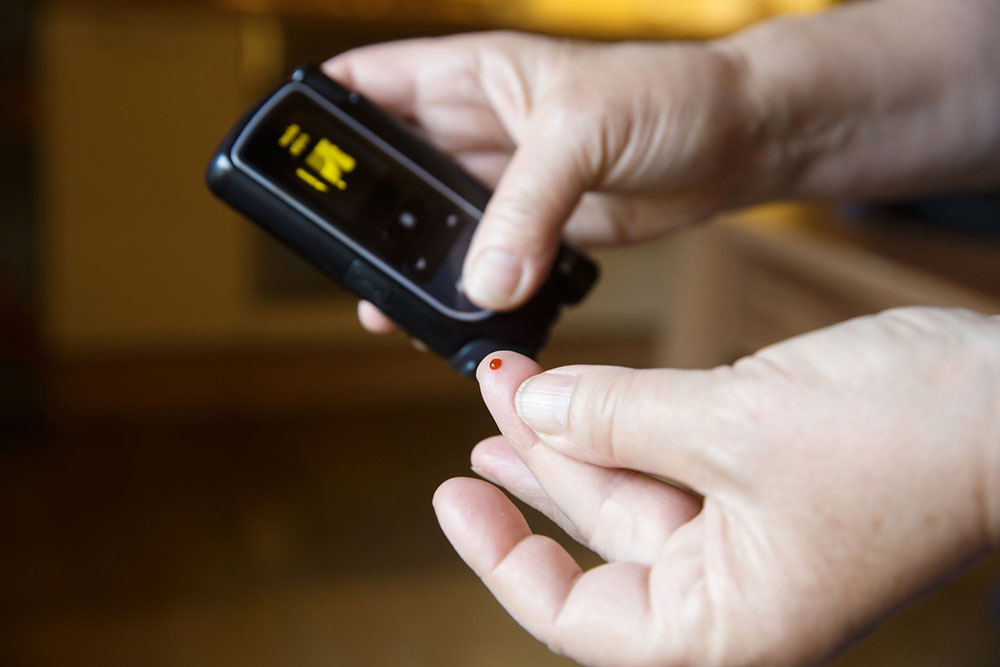Essential Facts About Types 1 and 2 Diabetes You Should Know
Learn key facts about type 1 and type 2 diabetes, including their causes, symptoms, prevention, and management strategies. Understand the differences to promote better health awareness.

Essential Facts About Types 1 and 2 Diabetes You Should Know
Many individuals use online tools to check for diabetes but often remain unaware of which type they may have. Both type 1 and type 2 diabetes involve elevated blood sugar levels, yet their causes and development differ greatly. Common myths suggest that type 2 mainly affects overweight individuals, while type 1 is linked to being underweight; however, these are misconceptions without scientific basis. Another mistaken belief is that type 1 diabetics require insulin, whereas type 2 diabetics do not; reality is more nuanced.
Type 1, previously called juvenile or insulin-dependent diabetes, accounts for approximately 5-10% of diabetes cases. It occurs when the immune system destroys insulin-producing cells, eventually leading to a lack of insulin which prevents sugars from entering cells for energy. Consequently, excess sugar remains in the bloodstream, causing high blood sugar levels. In contrast, type 2 diabetes makes up roughly 90% of cases and can develop at any age, though it’s increasingly common in children. It involves insulin resistance, where the body struggles to use insulin effectively, and progressively the pancreas produces less insulin over time.
Understanding these types is crucial:
Type 1 symptoms typically begin in childhood or young adulthood, whereas type 2 symptoms often go unnoticed until diagnosis.
Early detection is common in type 1, but often delayed in type 2 due to lack of noticeable symptoms.
Low blood sugar episodes are frequent in type 1 and can occur if insulin is used; type 2 usually does not have such episodes unless medication is involved.
While type 1 diabetes cannot be prevented, adopting a healthy lifestyle can delay or prevent type 2 diabetes, including maintaining a healthy weight, exercising regularly, and eating balanced diets.
Insulin therapy is essential for type 1 management, whereas type 2 can sometimes be controlled or cured with alternative medications and lifestyle changes.










